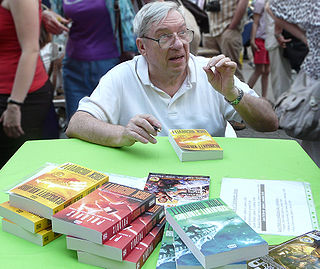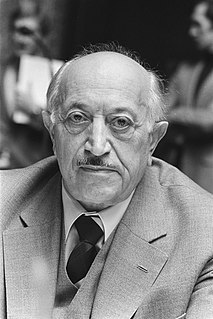A Quote by Lewis B. Smedes
When you give up vengeance, make sure you are not giving up on justice. The line between the two is faint, unsteady, and fine...Vengeance is our own pleasure of seeing someone who hurt us getting it back and then some. Justice, on the other hand, is secure when someone pays a fair penalty for wronging another even if the injured person takes no pleasure in the transaction. Vengeance is personal satisfaction. Justice is moral accounting...Human forgiveness does not do away with human justice.
Quote Topics
Accounting
Another
Away
Back
Between
Does
Even
Faint
Fair
Fine
Forgiveness
Getting
Give
Giving
Giving Up
Hand
Human
Hurt
Injured
Justice
Line
Make
Moral
Not Giving Up
Other
Our
Own
Pays
Penalty
Person
Personal
Personal Satisfaction
Pleasure
Satisfaction
Secure
Seeing
Some
Someone
Sure
Takes
Then
Transaction
Two
Up
Us
Vengeance
Related Quotes
In Scotland over many years we have cultivated through our justice system what I hope can be described as a 'culture of compassion.' On the other hand, there still exists in many parts of the U.S., if not nationally, an attitude towards the concept of justice which can only be described as a 'culture of vengeance.'
Ajamu Baraka is a human rights advocate and an international human rights advocate, who's been defending racial justice, economic justice, worker justice, indigenous justice, and justice for black and brown people all over the world, and in the United States has been helping to lead the charge against the death penalty here, and is an extremely eloquent and empowering person. And one of the great things about running with him is that we speak to all of America.
I do think that in many cases, where crimes have been covered up and perpetrators can escape justice, history can provide some accounting. It can identify the killers, ensure that their names are remembered, and it can give voice to and record the victims, and make sure, even more importantly, that their voices and their stories are remembered and heard. And I don't think there's justice, but I do think history can play an important role in that accounting.
I want you to understand that racial justice is not about justice for those who are black or brown; racial justice is about American justice. Justice for LGBT Americans is not about gay and lesbian justice; it's about American justice. Equality for women isn't about women; it's about United States equality. You cannot enjoy justice anywhere in this country until we make sure there is justice everywhere in this country.



































